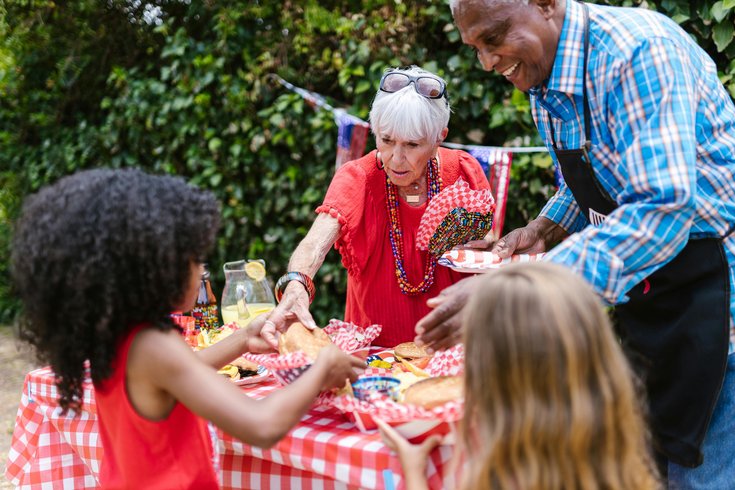
November 12, 2024
 RDNE Stock project/Pexels
RDNE Stock project/Pexels
Older adults with grandchildren are less likely to report feelings of isolation, a new survey shows. Last year, U.S. Surgeon General Vivek H. Murthy identified loneliness and isolation as an epidemic threatening public health.
Having grandchildren helps older Americans feel less isolated, according to findings from a recent poll.
People who frequently spend time with their grandchildren reported better mental health and less isolation than people who did not have grandchildren or saw theirs less frequently. The findings from the National Poll on Healthy Aging, published Tuesday, seem to support U.S. Surgeon General Dr. Vivek H. Murthy's assertion that strong relationships combat loneliness.
Last year, Murthy identified what he called an "epidemic of loneliness and isolation" in the United States and cited loneliness as a public health threat, because research has linked it to a greater risk of cardiovascular disease, dementia, stroke, depression, anxiety and premature death. "Our individual relationships are an untapped resource — a source of healing hiding in plain sight," Murthy wrote. "They can help us live healthier, more productive, and more fulfilled lives."
The nationwide poll, administered by the University of Michigan, surveyed nearly 3,500 people, ages 50 to 94, by phone and online.
Of the people surveyed, 72% of those with grandchildren said they hardly ever felt isolated compared to 62% of those without grandchildren. People without grandchildren were more likely to report fair or poor mental health compared to people with grandchildren, 13% to 9%, respectively.
The poll also found 78% of people who saw their grandchildren at least nearly every day said they hardly ever felt isolated. That was true of only 65% of people who saw their grandchildren every few months.
Similarly, 70% of grandparents who saw their grandchildren more than every few months reported hardly ever feeling a lack of companionship. By contrast, only 57% of people who saw their grandchildren less frequently felt likewise.
People who saw their grandchildren anywhere from once a week to twice a month were less likely to report fair or poor mental health than people who saw their grandchildren every few months.
"For many older people, becoming a grandparent is a major milestone in their lives," Kate Bauer, a nutritional sciences professor at the University of Michigan, who worked with the poll team, said in a news release. "Our findings show there are many dimensions to grandparenting, and possible positive effects of grandparenting, some of which may not be widely recognized."
Other findings included:
• Nearly 1 in 5 grandparents see their grandchildren nearly every day or more, but about one-third see them every few months or less.
• About half of people with grandchildren under 18 provide care for them at least every few months. Hispanic adults are twice as likely as white adults to take care of their grandchildren nearly every day or more.
• About one-third of people with young grandchildren have provided financial support over the last year, and nearly 1 in 4 have helped with day-to-day expenses like clothes, meals and groceries.
• Ten percent of grandparents cover educational expenses. The same percentage said they help support big expenses like summer camps, sports and daycare.
• Six percent of grandparents 50 and older live in the same home as at least one of their grandchildren. Three percent of grandparents said they have primary custody or parental responsibility for a grandchild.